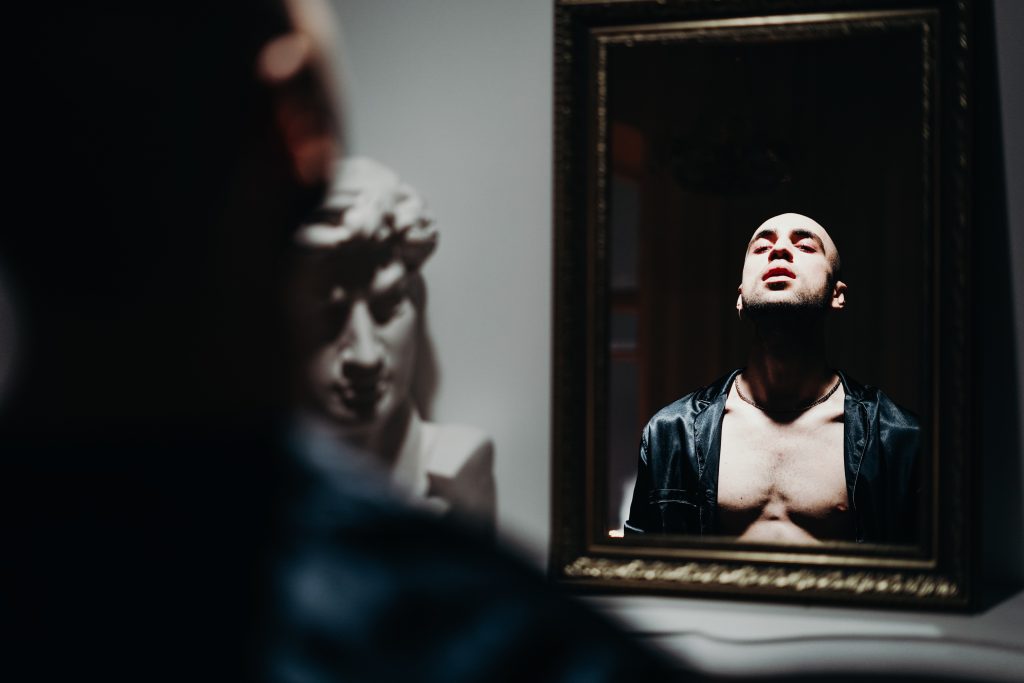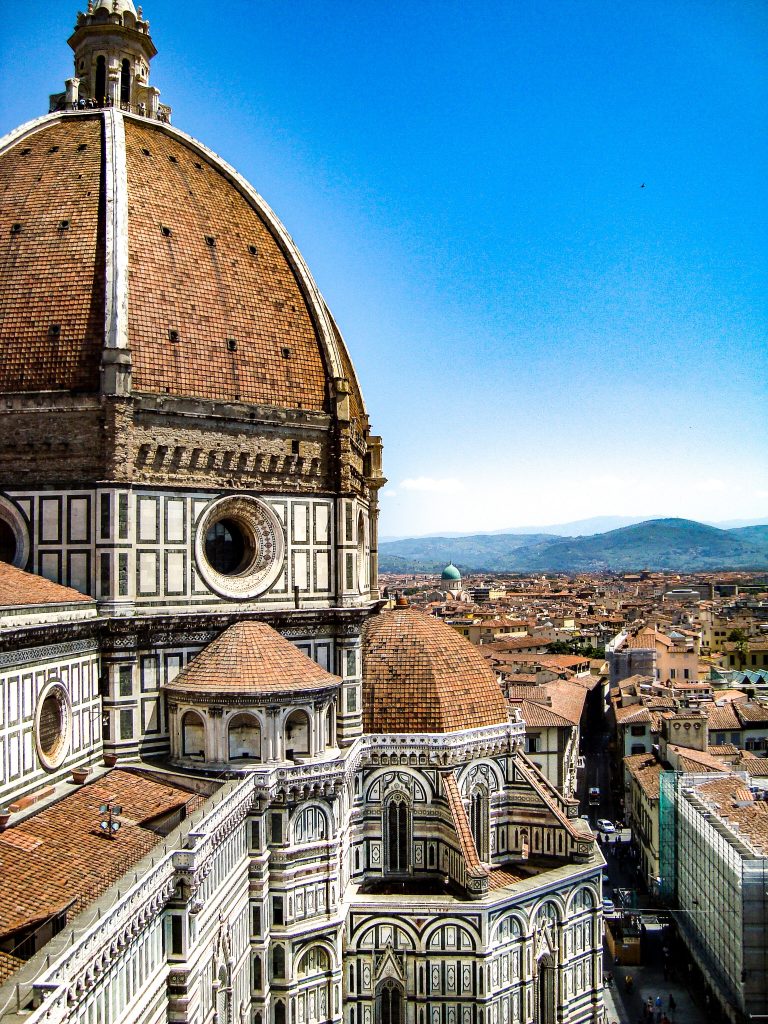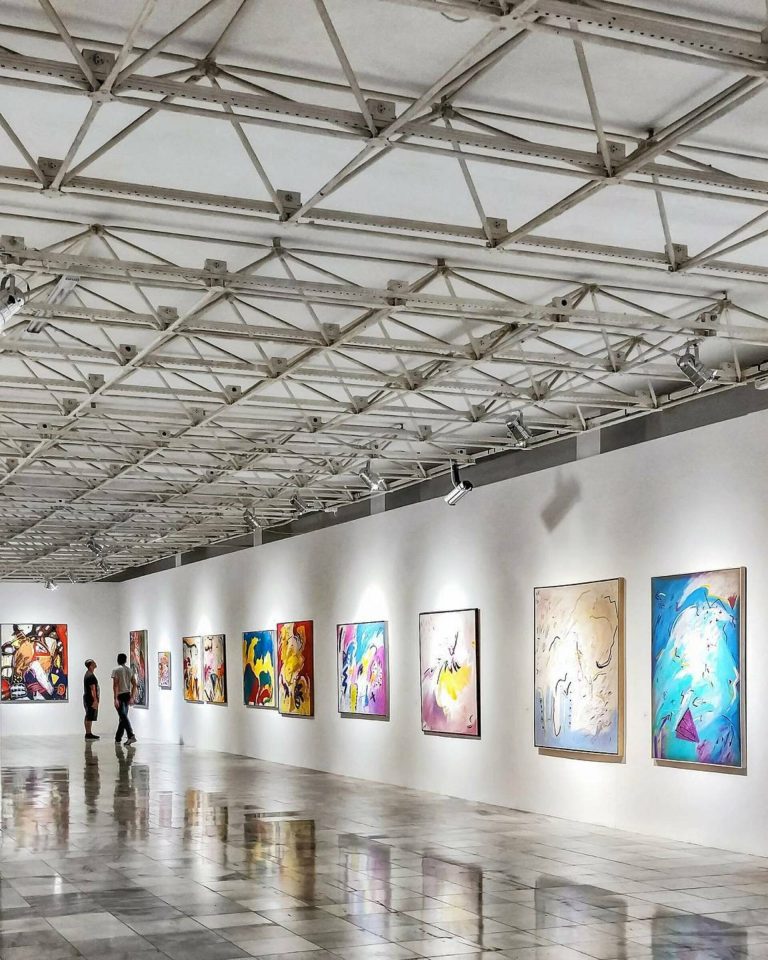Home > God at work: The arts
God at work: The Arts
By Esther Lee
The arts world can feel like an enigma to a lot of us who find ourselves looking in from the outside. Often our first impressions are shaped by our experiences of the arts at school, and therefore tend to be shaped by our views of our own abilities – perhaps feeling inferior or excluded because we weren’t “good at art/music/creative writing”; seeing it as that pointless hour we messed around at the back of class; feeling we could have been more than we were if we had applied ourselves better; having enjoyed it at school, maybe wondering its role in the ‘real’ world now.
Perhaps we hold a view that being an artist is a niche calling for those unusually gifted in painting and drawing, or we think of times we visited a modern art gallery and came away wondering what the definition of art actually is, based on the brick we saw thoughtfully placed on a podium. We see stereotypical examples in the media of artists who push social boundaries, who live nomadic lifestyles wearing eclectic clothing in a houseboat, or of musicians who die in their 20s due to overdoses.
It can be hard to understand the life of an artist too – what do they do all day? We can find ourselves asking deeper, more sceptical questions like, who benefits from this art? What contribution does this make to society? What is the purpose of art itself?

All of these experiences and views can increase the sense of confusion around the arts world because the gap is constantly widened between “them”, the artists, and “us”, the normal folk. This is particularly prominent in Western protestant churches where, like in much of society, we place a high value culturally on what is quantifiable or measurable, on visible output, or jobs we classify as more virtuous (think medicine, education, and of course, clergy). As Larry Platner explains in his article about the value of work;
Secular society values work for what it does for the individual, the status, affirmation or wealth it gives them. This leads to a hierarchy of the value of what an individual does. When asked what one does, a doctor gets the “oh wow, that’s great”, the rubbish collector gets an uncomfortable “oh”.

I feel strongly that as Christians, it’s important to see art as an expression of God’s character and an outworking of his kingdom plan in the same way that medicine, science, education, business etc do. Why? Because God has given us a mandate to develop culture, to care about the world and people he has created, to redeem the earth – to “do good things for the city I sent you to. [To] pray for the city you are living in, because if there is peace in that city, you will have peace also.” (Jeremiah 29:7)
As Larry Platner’s article explains further;
To be fruitful and multiply requires the development of a culture. Culture is a way of living, how we relate to one another. It can be good or bad. Good culture enables a society to flourish. I think we all know what bad culture does. Good culture ensures the provision of goods and services that provide shelter, food and clothing, creates institutions that develop and care for its citizens, infrastructure for communication, transport and travel, and arts that enhance the well-being of all. The development of good culture requires righteous people. People who use their talents and resources for the good of others..
So what is art’s role in “bringing the kingdom”?
For me, art carries an ability to transform societies in a way that no other cultural sector can do. It catches our whole beings – our emotions, senses, intellect, physicality – that which makes us spiritual, physical beings. It fuels imagination, which is God-given and informs our ability to dream, to inspire and to create. Suddenly the power of an imagination influenced by the Holy Spirit becomes dynamite and in fact, essential, when shaping culture to look like the kingdom of God.
Art challenges, asking questions of norms; it considers better and considers worse, acting as a mirror to the extremes of our cultures and values. I’ve heard artists described as ‘border stalkers’ of culture, which I think perfectly describes the creative, analytical and prophetic edge to this profession and calling. It’s through this border stalking that artists transform societies, calling things into being by reflecting on the past, considering the future and celebrating and questioning the direction of our cultures.
This isn’t to mention the personal impacts of art. The way that the arts call on the ‘Creator God‘ thumbprints left all over our beings, reminding us of the greater origin and purpose we have been given. The way that art is an expression of worship, reminding us of beauty and awe – seemingly non-productive virtues, but ones God still chose to place in us. The way that art, for the artist and non-artist, creates a soul searching journey as we consider our place within culture, history and creation.
Art in some ways encapsulates those seemingly ‘unproductive’ virtues. It’s an area of culture that has little to show for itself if you are keen on quantifiable output and statistics, and yet one of the most vocal and consistent aspects of culture across history that, in His wisdom, God chose to place in us made-in-his-image beings. It is often the arts that have pivotally shaped eras of change in our cultures – The Renaissance, The Greek Empire, the liberation movement of the 1960s, for example. There may be many examples of negative impacts of these movements, as you would find in eras of scientific advance too, however consider the positive impacts equally – all known and anticipated by God in his wisdom.
If we believe that God is author and giver of all things that express his nature, our only response to such a gift is to invest in, to steward, to delight in, and to hone that gift for His glory, believing it is a vital part of his kingdom expressed on earth.

Linked below are two articles written by artists: a graphic designer & musician, and an illustrator. They both live lives of border stalking secular and church cultures, honing and practising a God-given skill that enables them to question, interpret and shape the world around them. These articles share the experiences, frustrations and hopes working as Christian artists in a secular industry.
We hope they encourage and inspire you to consider another aspect of working life bringing about God’s kingdom, and the importance of championing Christians bringing light to secular workplaces.
God At Work in The Arts
Article 1: Beauty, tradition & the work of our hands
Luke Sewell is a linoprint maker and illustrator living in Birmingham. He studied Archaeology and Ancient History as an undergraduate and completed a masters in Museum Curation, before going on to develop his artwork in linoprint, photography and illustration.


Article 2: God and Mammon in the Creative Industries
Chris Donald has spent 15 years as a (mostly) freelance designer and musician. He now publishes books, magazines and podcasts with Lab/ora Press and helps to run the faith and arts network, Sputnik, a community of artists and patronage scheme which supports Christian artists working in secular spheres. He lives and works in Birmingham.
Talk to a Mentor
What hit home for you in this article? Would you like to discuss anything in particular?
Just fill in the form below and one of our mentors will get back to you as soon as possible.
Our mentors aren’t counsellors, but they are ordinary people willing to join others on their spiritual journey in a compassionate and respectful manner.